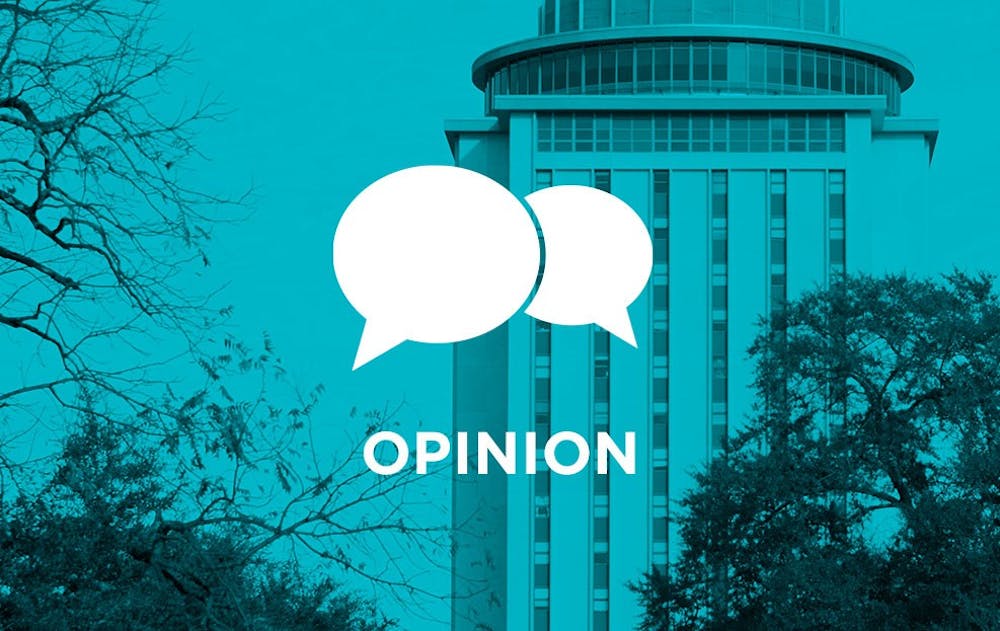Rodney Davis: Yes.
The original Title IX provision in the Obama era called for universities to reach a "preponderance of the evidence," which means the case just has to be likely. Courts use a preponderance of evidence to decide civil cases and not criminal. DeVos has stated that the cases will be looked into for evidence and truth in an equal way, so as to not favor the victim or defendant. The change pushes for schools to acquire “sufficient evidence to reach a fair, impartial determination,” and forces schools to require legal rights for both parties in order to have due process. The change will increase the required amount of evidence to convict a student which recent history shows that more evidence is necessary.
To understand the necessity of these changes, it is important to offer an example of how Obama-era provisions led to lives being unnecessarily ruined.
One example occurred at Amherst college. A male student there went to a female student's room, where the female student proceeded to perform oral sex on him while he was blacked out. Afterwards, she texted her friends about it and was freaking out because "it's pretty obvi I wasn't an innocent bystander." Two years later, she filed a sexual assault case. Under Obama-era provisions and Amherst’s hearing standards, the male student was expelled. He then attempted to sue Amherst. Although his lawyer attained the texts as evidence, the college refused to reopen the case.
Statistics behind sexual assault reports prove the benefits of increased requirement for evidence. Obama used the "one in five women are sexually assaulted" statistic in his "Dear Colleague" memo, which would support his Title IX provision, except that statistic was proven wrong. False accusations do occur. In 2009, up to 10 percent of reported rapes were false. With accusations needing less evidence, the amount of false accusations have increased. In 2012, it was found that up to 15 percent of men accused were proven innocent, and in 2016, 66 percent of accusations from police departments were at least “uncertain."
Due to the high amount of uncertainty in sexual assault cases, I believe these cases should be taken seriously, but must follow due process. Additionally, each case should be considered individually, as circumstances for the cases differ and it can come to light that the accused was innocent.
Now, I find that rape is a heinous crime and rapists deserve every punishment they receive, if not more. However, I also find it horrible that people were denied their constitutional right of due process and their lives ruined.
Due process constitutes a fundamental right every American has. If a rape truly happened, then under DeVos’ system the victim is still cared for and able to get proper justice.
No more witch hunts: Find the real rapists and punish them under the law, not under the university.
Alyssa Broer: No.
One out of every five women and one out of 16 men are sexually assaulted during their time in college. So why does the Department of Education think it’s justified to make it harder to remove rapists from campuses?
In a time when there has been nationwide outrage over rapists getting off with little to no punishment, you may think the Department of Education would try even harder to protect the nation’s students. But actually, the opposite is true. Secretary Betsy DeVos recently released plans to overturn Obama-era guidelines for universities handling sexual assault cases.
Among the new guidelines is a transition from using “preponderance of the evidence” to “clear and convincing evidence” of rape. DeVos and her supporters say this shift is to ensure due process for alleged rapists.
She says the process will be “fair and impartial,” but this is inherently unfair: It’s often so difficult to provide clear evidence because rape itself is so hard to prove. Victims often don’t have the ability to directly show the accused putting drugs in their drinks or holding them down in an empty room. That doesn’t mean it wasn’t rape.
DeVos’ logic is misguided and puts students at an even higher risk of becoming victims. The reality is only two percent of reported rape cases are based on false accusations. On top of that, only 20 percent of college-aged female rape victims end up reporting the assault.
Other components of the new guidelines allow for “mediation” between the victim and the accused, something that the Obama administration did not allow for because they believed victims would be fearful in that situation.
The message that DeVos is sending victims is that they shouldn’t report the horrible thing that happened to them because they’ll never get justice anyway.
By making it even harder to not only hold rapists accountable, but also for victims to come forward, we are perpetuating a society that favors rapists over justice. And when that happens, none of our students are safe.
College students make the decision to dedicate four years of their lives to one place, one campus. They pay to get a great education and grow as people so that they can make their future what they want. When a person is raped, their whole world can shatter. And when a school fails to take action against the perpetrator, that school fails the victim. Our Education Department is making it easier for universities to do just that.
There is no excuse for what the Department of Education is doing. Rape culture in America is already unjustly in favor of setting rapists free, and our government needs to do everything it can to protect students from having their lives derailed by sexual assault.

